Little-Known Facts About Sunblock and Sunscreen
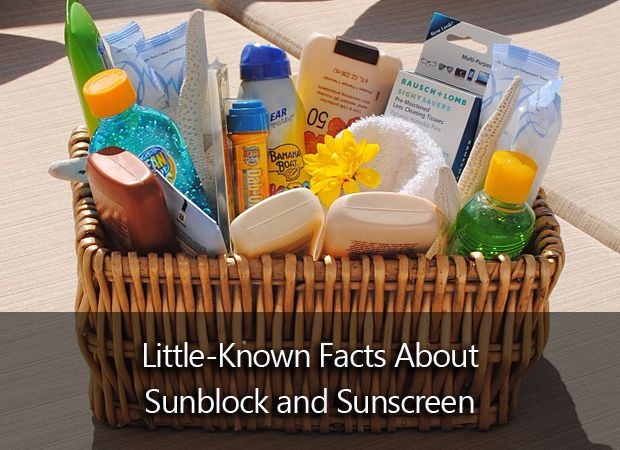
Original Image: Larsen9236 via Pixabay; Final Edits: BoredBee via BitLanders
You might be already aware that a sunblock or sunscreen is your best friend against these harmful radiations. Most of us might already be aware of the possible health risks that one can get from the ultraviolet (UV) rays of the sun. The sun’s harmful rays are the number one culprit for premature aging and skin cancer.
Here is the video that elaborates the reasons why you should apply sun protection on your skin:
Video Credits: TED-Ed via YouTube
On the other hand, still, a lot of people have wrong connotations about the usage of these products. In fact, some people believe they are just the same. Some also believe that the higher the SPF of your sun protection is, the longer you can stay under the sun.
Those are just some of the wrong beliefs.
To understand the difference between these two products, learn first about the two harmful UV rays.
UVA and UVB

Image Credits: ChadoNihi via Pixabay
There are two classifications of UV rays, the ultraviolent-A (UVA) and ultraviolent-B (UVB). Each has its way to destroy the beauty of our skin.
The UVB is the sun’s radiation that commonly causes the type of skin cancer called melanoma. It is also the main cause of sunburn. It is short-wave that affects the superficial layer of the skin.
On the other hand, the UVA is a long-wave sun UV rays that cause premature skin aging. Unlike the UVB, it penetrates the skin deeply, causing problems to our cell’s DNA. Although it is not the main cause of skin cancer, it aids for its development.
Both of them are invisible. UVB can penetrate clouds. UVA can pass not just through the clouds but also through the glass.
So why do we need to know about these two? Can you grab any sunscreen products on the grocery shelf for protection right?
The answer to that is no.
So, What is the Difference Between Sunblock or Sunscreen?

Image Gif Credits: Notey.com via Giphy
Both can offer the same protection from the sun. One is not better than the other. You can choose whatever works the best for you or whatever you need at a time. But, they are just different in some ways.
Originally, Sunblock and Sunscreen Offer Different Kinds Of Protection
Originally, the sunscreen’s active ingredients can only protect the skin against the UVA rays, and the sunblock against UVB. Luckily, nowadays most sun protection products offer protection from these two harmful rays.
For this reason, it is important to read the label. Choose the one with the “broad spectrum” label in it. That product can protect you from UVB and UVA.
Their Protection Works in Different Ways
Sunscreen, also known as chemical sunscreen, works by filtering the UV rays. Sunblock, also known as a physical sunscreen which works by reflecting the UV rays.
They Have Different Consistency
Sunblock is thicker and more difficult to apply. On the other hand, a chemical sunscreen is thinner in consistency.
They Contain Different Active Ingredients
Most sunblocks use titanium oxide and zinc oxide as active ingredients, which are also the reason behind their thick consistency. Most sunscreens have oxybenzone or avobenzone as an active ingredient.
How To Apply Sunscreen?
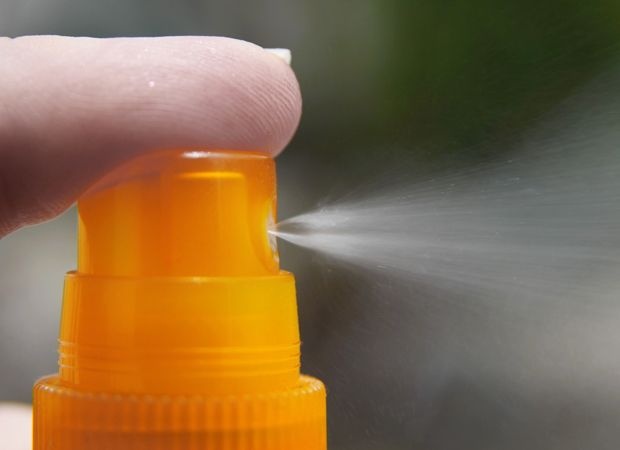
Image Credits: Chezbeate via Pixabay
- Find a product that will work the best for you. Some experts say that the gel type wears off faster than lotion. Also, spray sunscreen carries possible health risks according to some experts. You are at risk of inhaling toxic chemicals from it.
- Apply liberally on your skin. Remember not to miss any areas like your ears, nape, lips, and scalp. If you are using the spray type, spritz it on your hands first and rub. Apply it the same as how you apply lotion on your skin. Do not apply it on windy weather.
- Wait for 15 to 30 minutes before sun exposure to let the active chemicals soak into your skin.
- Re-apply. Doing any activity that will wet or sweat you off requires frequent reapplication per hour. In fact, you do not have to wait for an hour if you feel that your sunscreen is wearing off because everyone’s skin is different.
- Wait for 15 to 30 minutes again before sun re-exposure.
- Apply it every day not just when you are going outside. Make it a part of your daily routine.
Its side effects are still unknown. But, it is still better to be cautious about the known problems like the risks of skin cancer and premature aging.
Facts About Sunscreen That Most People Do Not Know
Sunscreen Do Expire
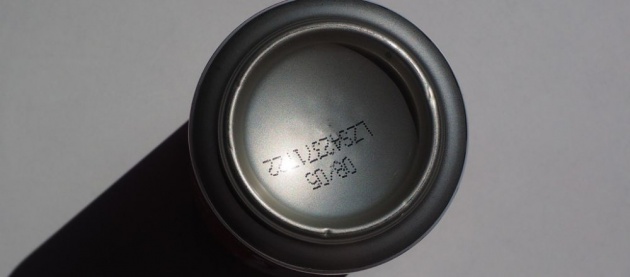
Image Credits: Hans via Pixabay
It deteriorates over time. Read the label to be aware of the expiration date. Throw it away if it passes the due date.
Do not use the same old bottle for refilling. It will lose its efficacy.
Store It Properly
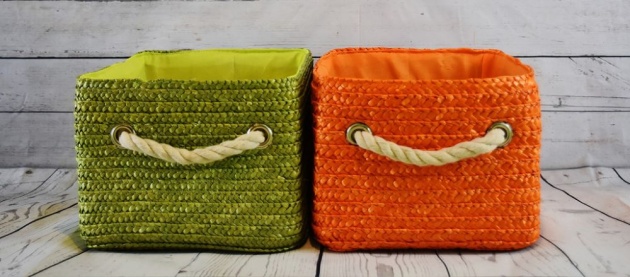
Image Credits: Alexas Fotos via Pixabay
Read the labels about the proper storage. Hot temperature deactivates the sunscreen’s active ingredients at a faster rate. For this reason, if you have a tube stored in the trunk of your car, you better dispose of it.
On the other hand, if your sunscreen does not have a proper expiration label, throw it after a year.
SPF On a Makeup Or Other Facial Products Is Not Enough
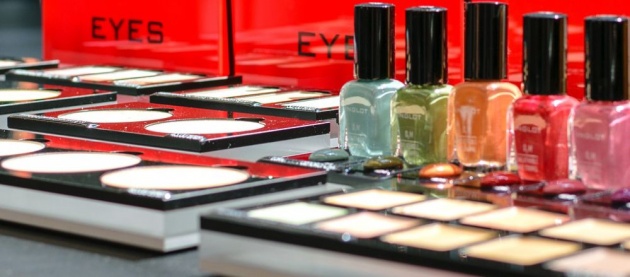
Image Credits: PhotoMIX-Company via Pixabay
It contains a little amount of sun protection factor (SPF) that is not enough for skin protection. You still have to apply sunscreen. On the positive note, if you have makeup and a moisturizer with SPF, you can use them both for enough facial sun protection.
There Is No Such Thing As Waterproof Sunscreen
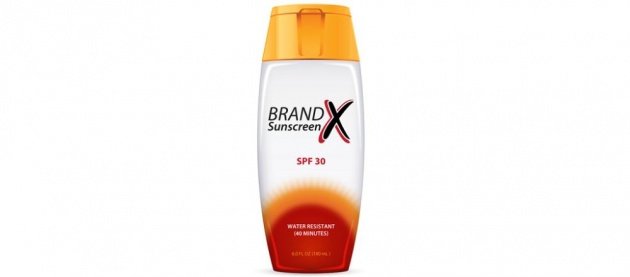
Original Image: US Food and Drug Administration via Flickr; Final Edits: BoredBee via BitLanders
Do not believe the label that says, “Waterproof” or “Sweat-proof.” It is not true. Sunscreen can be water-resistant but not entirely waterproof. This type can last from 40 to 80 minutes depending on the product.
You Need To Apply Sunscreen Even If You Are At Home Or Even If It Is Not Sunny
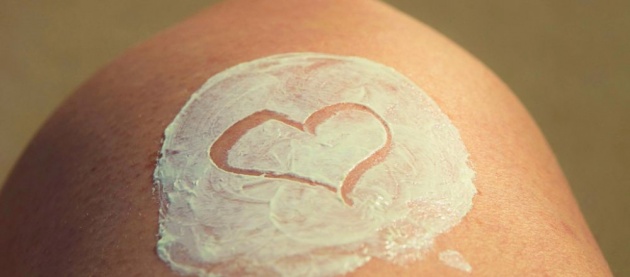
Image Credits: Chezbeate via Pixabay
UV rays pass through fogs, hazes, and even glasses. For this reason, you still need your sunscreen even on cloudy days.
SPF30 Is Enough For Protection
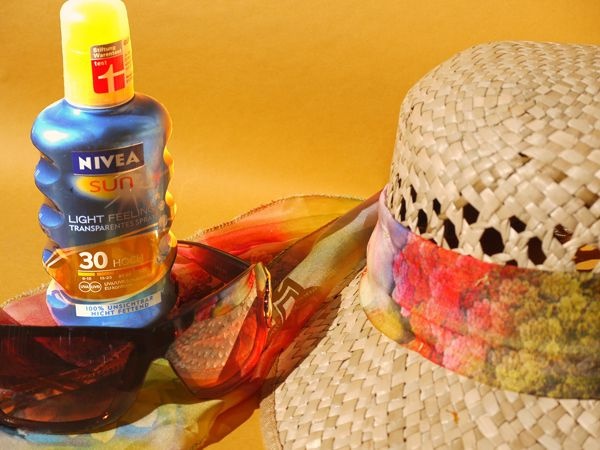
Image Credits: MonikaP via Pixabay
It can already filter the 96 percent of the sun’s UV rays. Wearing higher than 30 will only add a little amount of protection for up to 2 to 3 percent. However, you cannot entirely block the sun’s UV rays at 100 percent.
It does not exempt you from reapplication every one hour or two. Therefore, it will not make a lot of difference, except for its market price.
Conclusion
Just like what it was said a while ago. It cannot protect you 100 percent. Also, it does not mean that it has no use at all. Having some protection is better than have nothing at all.
Stay out of the sun as much as possible. Applying sunscreen does not excuse you from baking yourself under the sun.



